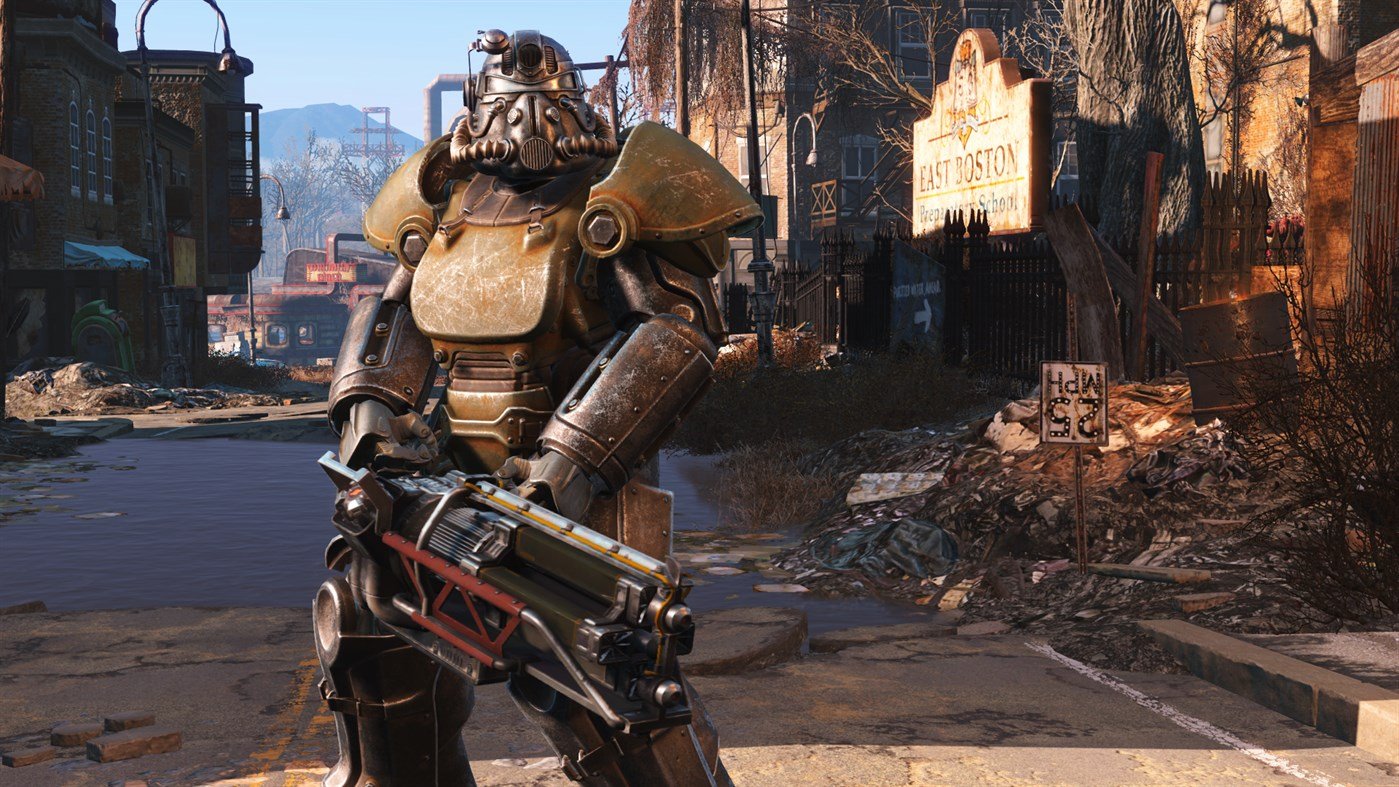Amazon admits defeat to Steam as former VP declares, "We were 250 times bigger, but Goliath lost."
"Just because you are big enough to build something doesn’t mean people will use it."
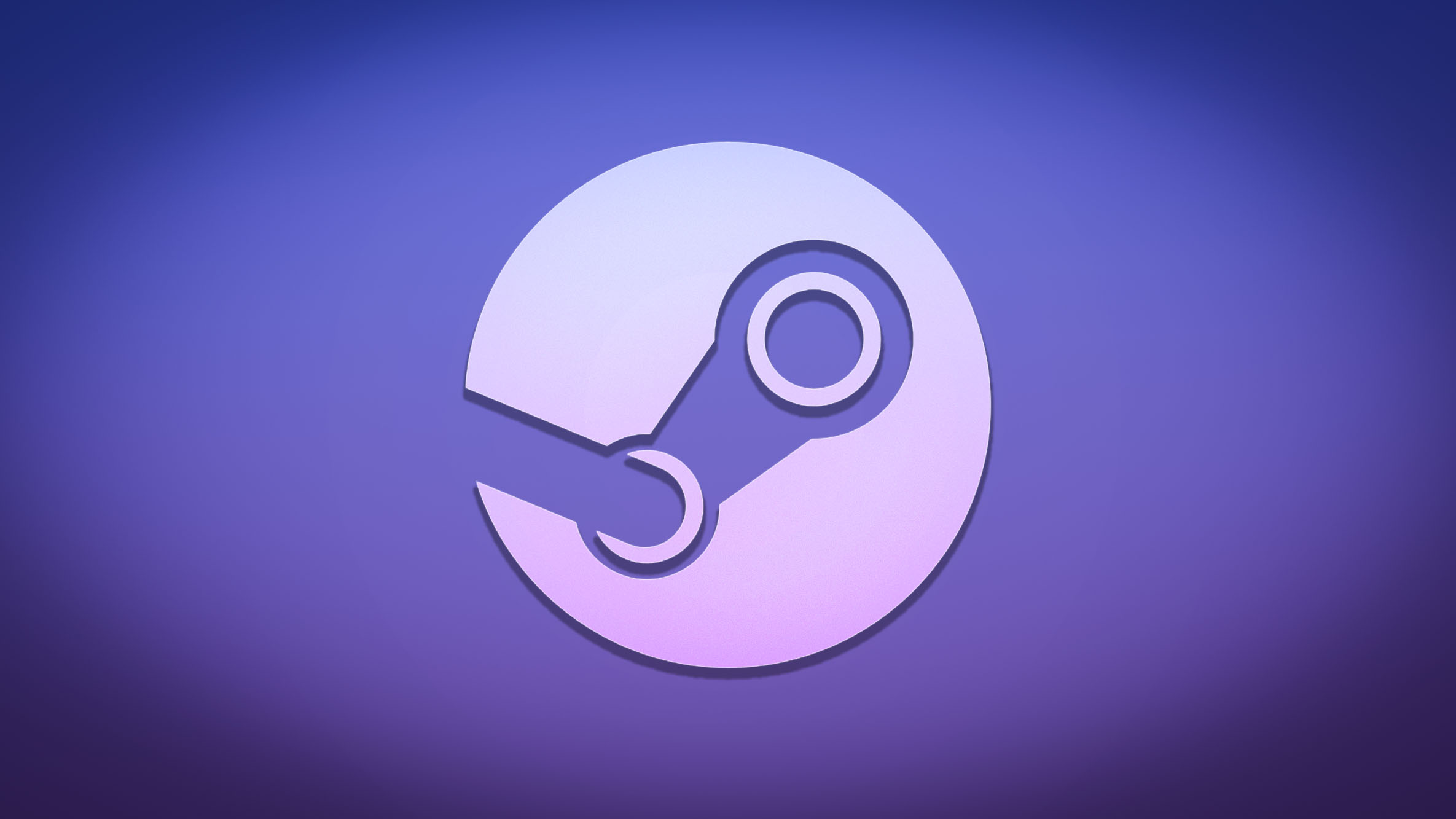
The place for gaming on PC has been and always will be Steam (if you ask most PC gamers). That doesn't mean others haven't tried. Look at Microsoft and Epic. While one is capable of new states of matter; both are out battling for a piece of the market while Steam sits idly by, effortlessly coasting on their solidified fanbase, rock-solid storefront, and multitude of other features.
Once upon a time, Amazon and Google both looked to Windows PC as a way to expand their yearly revenue. Google's rise and almost immediate fall with Stadia was a whirlwind to the dozen affected users, while Amazon is not admitting defeat altogether. At least, their former Vice President of Gaming is.
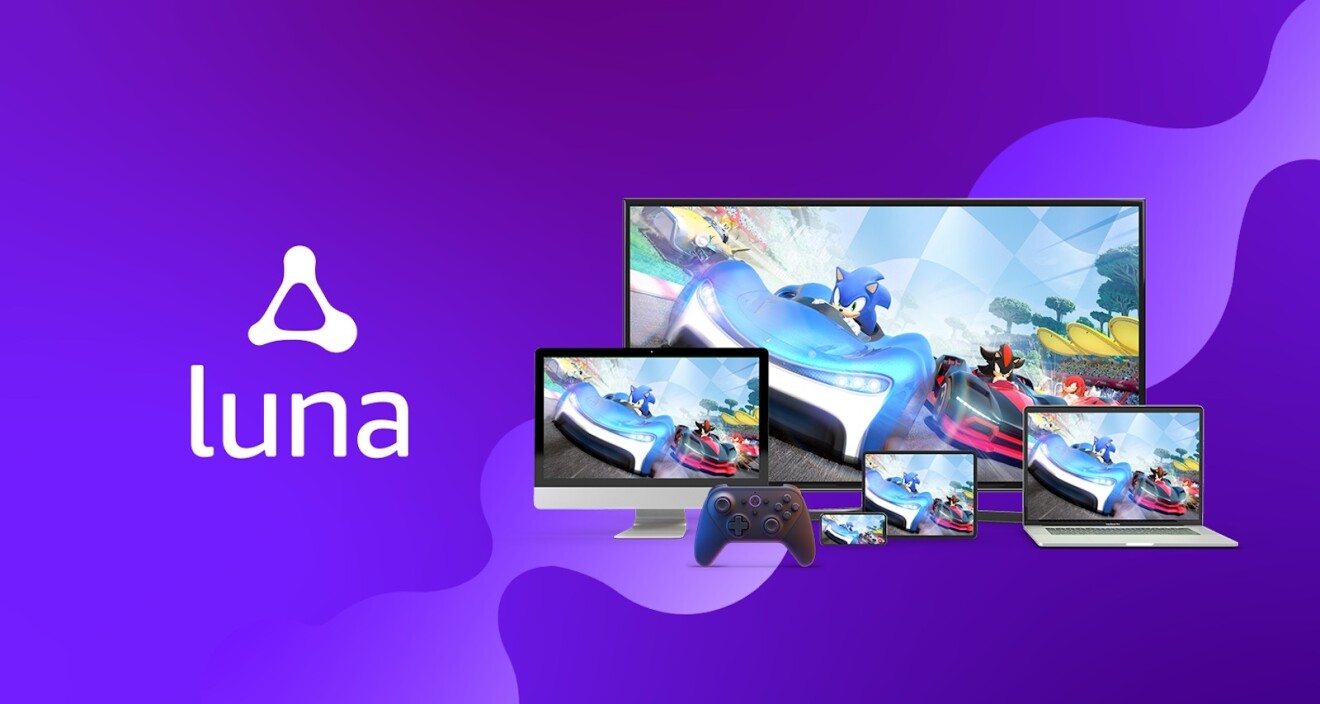
In a LinkedIn post, Ethan Evans recalled his loss to Steam when he led the division, "We were at least 250x bigger, and we tried everything. But ultimately, Goliath lost."
That is an interesting choice of words when you compare market share. While it's true that Amazon by itself is a company that vastly outsizes Steam, no other company has ever held a portion of the PC market like Steam has. To me, they've always been Goliath; it's just been other Goliaths coming to battle them with similar tools and identical features but a simple change of attire.
Ethan admits to misunderstanding what it took to take on the giant, "At Amazon, we assumed that size and visibility would be enough to attract customers, but we underestimated the power of existing user habits. We never validated our core assumptions before investing heavily in solutions. The truth is that gamers already had the solution to their problems, and they weren't going to switch platforms just because a new one was available."
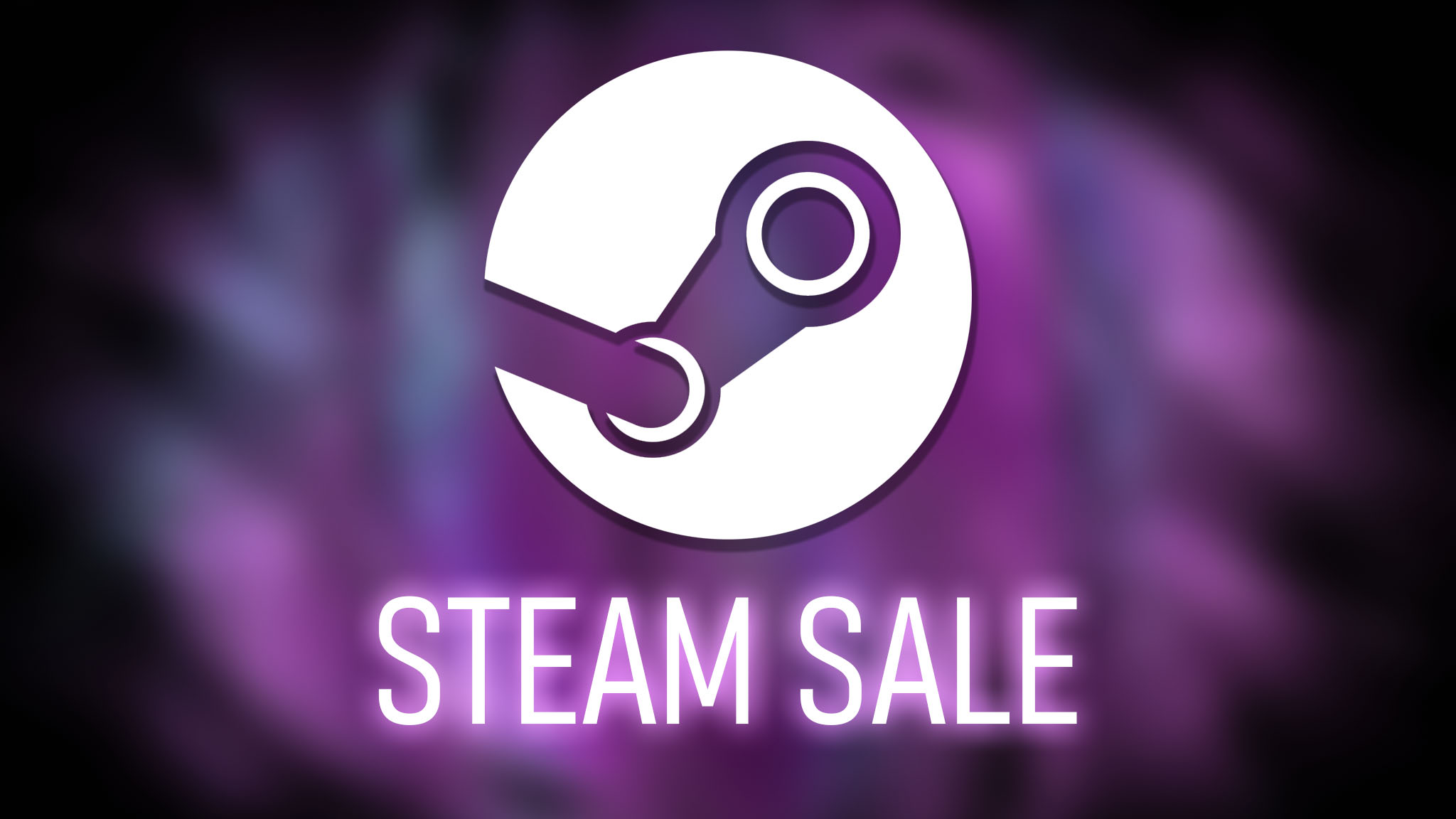
When a person is happy, they don't look elsewhere because something else is available. When a player has a large library of games, achievements, friends, and hours spent on a product platform, what's the reason for the shift?
Often, you'll hear players chant that exclusives can make a platform more appetizing. How well has that worked for Epic? Every week, they give out new games while maintaining a modest amount of PC exclusives like Alan Wake 2. Some others timed, like The Lord of the Rings: Return to Moria.
All the latest news, reviews, and guides for Windows and Xbox diehards.
Despite these benefits, I haven't seen a continental shift to the Epic Games Store. Most of my friends admit they won't even get free games from Epic because it's on Epic. What?
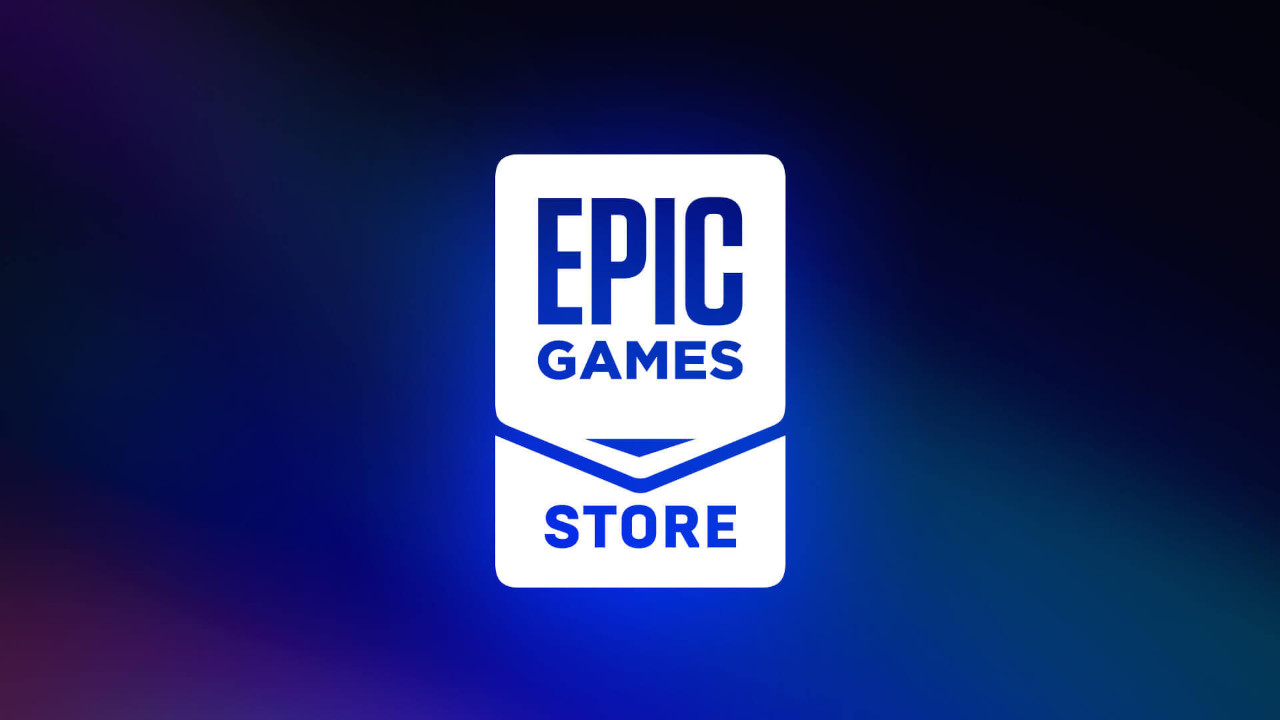
Think about that for a moment: gamers won't even go through the motions of claiming a free game because it's on a different free downloadable program. So, what kind of chance did Amazon have?
In their first attempts at overtaking Steam, Amazon went the route of trying multiple PC fronts, including the buyout of Twitch, "The first way we tried to enter the online-game-store market was through acquisition. We acquired Reflexive Entertainment (a small PC game store) and tried to scale it. It went nowhere. Then, after buying Twitch, we created our own PC games store. Our assumption was that gamers would naturally buy from us because they were already using Twitch. Wrong."
Again, they failed to capture an audience even with games dangling on a stick in front of gamers. Twitch games, Amazon Prime freebies, and even Discord attempt this occasionally with free giveaways.
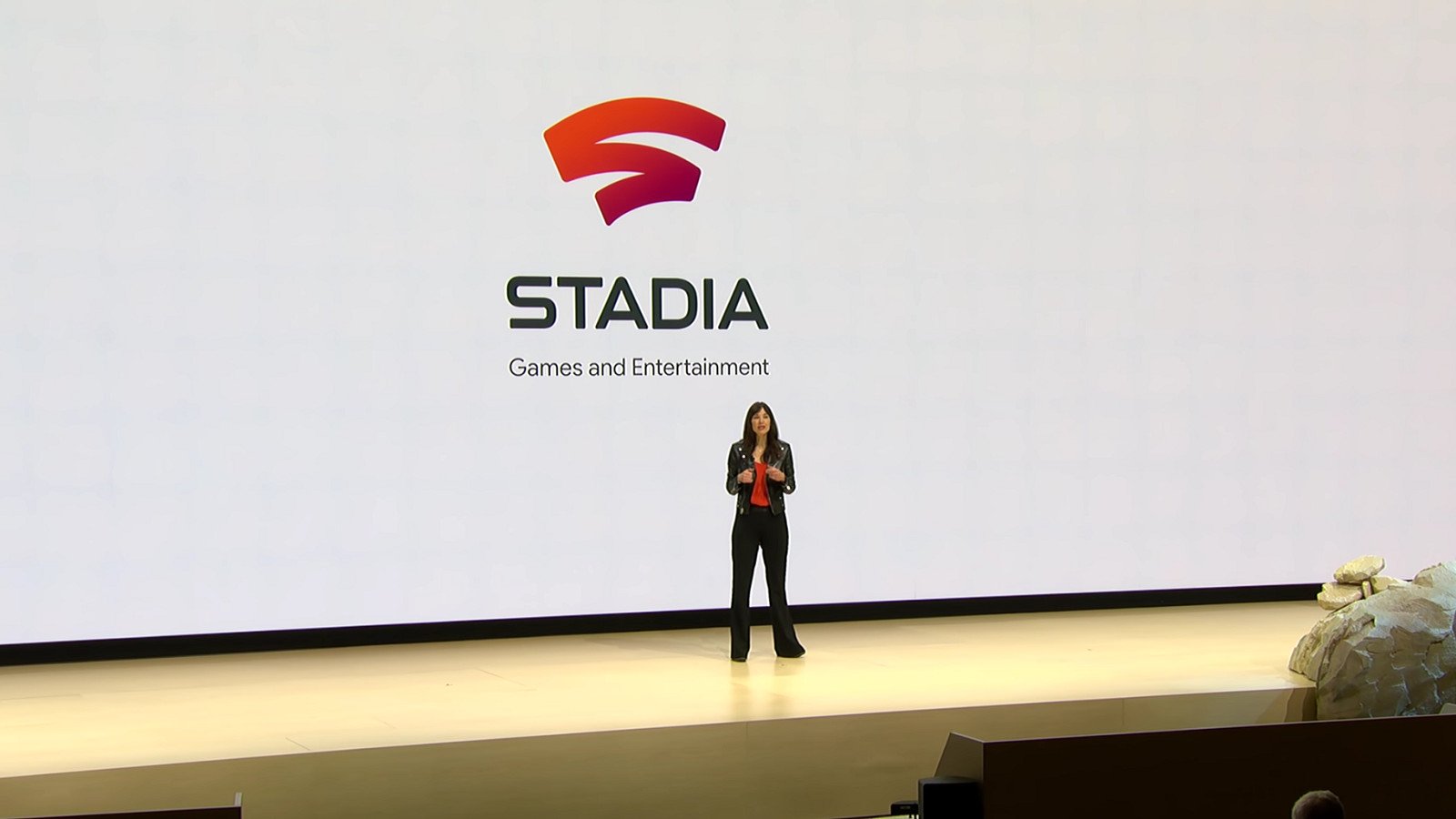
Ethan's final attempt was Luna, "A game streaming service that let people play without a high-end PC. Around the same time, Google tried the same thing with their product "Stadia." Neither gained significant traction. The whole time, Steam dominated despite being a relatively small company (compared to Amazon and Google)."
Here, I think it's odd to compare Luna and Stadia to Steam. Steam has never been a streaming first platform. While you can stream from one device to another via Steam's "Connect" ability, cloud gaming has never been at the forefront of the Steam experience.
Even so, it's a storefront. One that, even with the combined convenience of Twitch and Amazon Prime, gamers couldn't relate. They've so far been uninterested in the platform's offerings.
Later, Ethan hits the crux of the issue. Gamers, for all their magnificent money, just don't care. "The mistake was that we underestimated what made consumers use Steam. It was a store, a social network, a library, and a trophy case all in one."
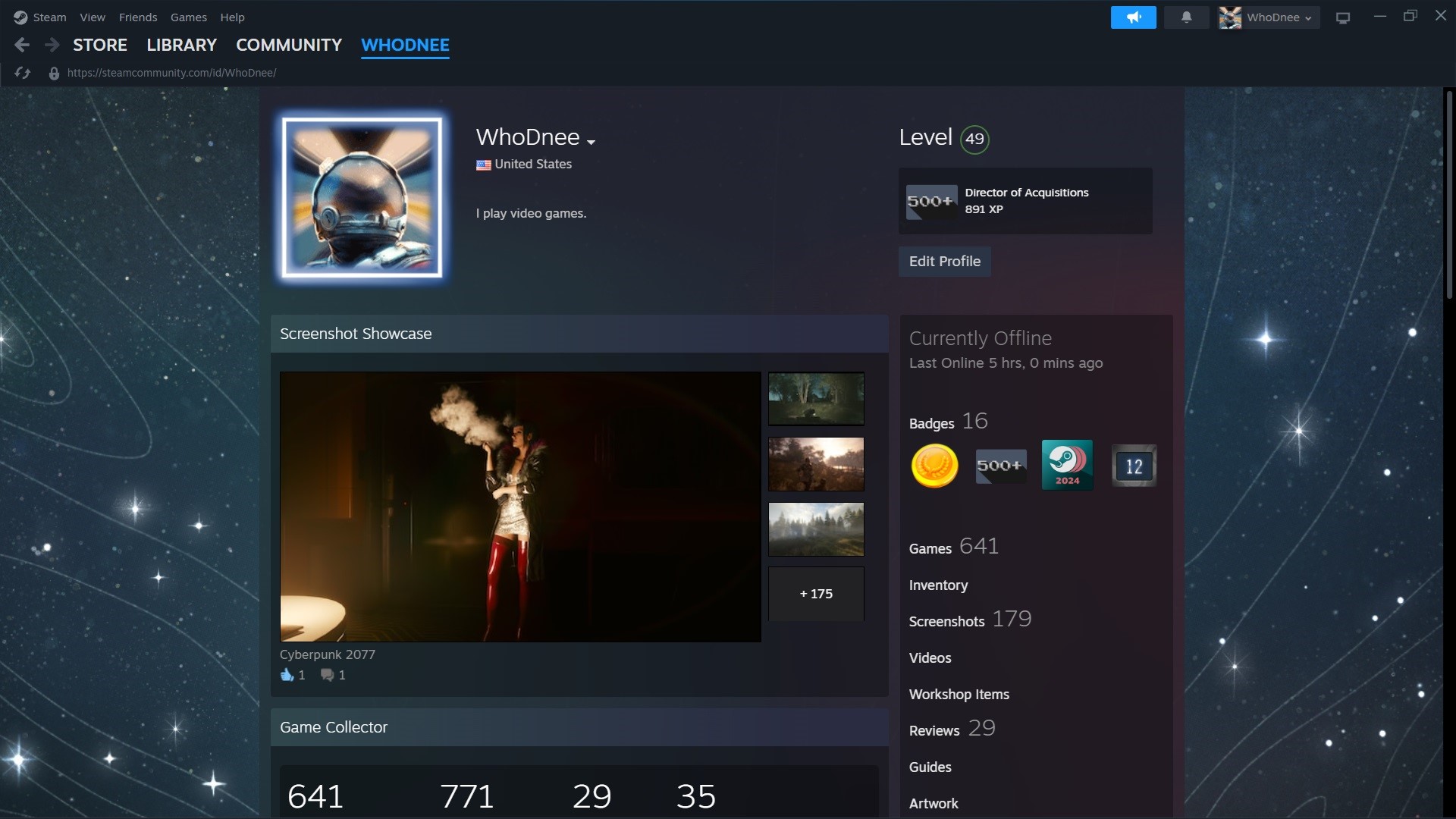
"At Amazon, we assumed that size and visibility would be enough to attract customers, but we underestimated the power of existing user habits. We never validated our core assumptions before investing heavily in solutions. The truth is that gamers already had the solution to their problems, and they weren't going to switch platforms just because a new one was available," Ethan explained.
That is the most reasonable explanation I've seen put forward as to why Steam continues dominating the market. Even when a market participant of equal skill, talent, and features enters the market, it doesn't give gamers a reason to move. If there's nothing new on the other side of the fence, why even look, much less go over?
Every company that's currently trying to outdo the king of PC gaming is larger than that of Steam. While Google has exited the market, Amazon, Microsoft, and Epic continue their endeavor to establish a domain on Windows PC.
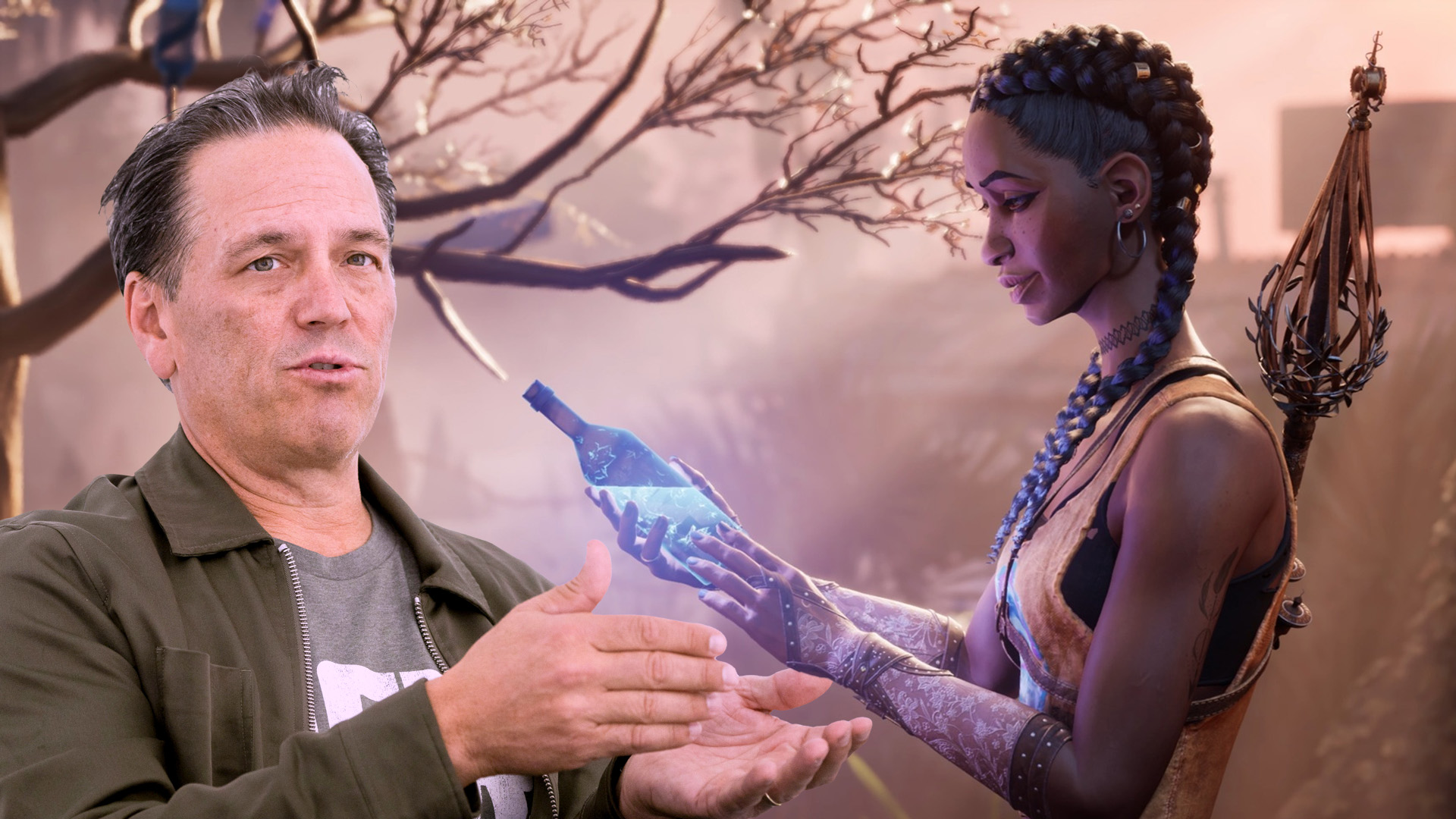
Epic with free games, Microsoft with Game Pass, and Amazon with.. well, Amazon has all but officially given up on PC. Even though Ethan Evans no longer works at Amazon, it's fairly clear their push for a PC marketplace has come to a screeching halt.
With their main efforts placed in Twitch and game development, Amazon has continued to publish their games on Steam, Xbox, and PlayStation: New World, Lost Ark, and, in the coming years, a Lord of the Rings MMO. Maybe that will ultimately be the game they can pivot a platform off of.
Lol, I laughed too.
What do you think, gamers? Why did Amazon fail to capture an audience on the PC marketplace? Let us know below in the comments or on social media. I'll make sure to check out the conversation.

Michael has been gaming since he was five when his mother first bought a Super Nintendo from Blockbuster. Having written for a now-defunct website in the past, he's joined Windows Central as a contributor to spreading his 30+ years of love for gaming with everyone he can. His favorites include Red Dead Redemption, all the way to the controversial Dark Souls 2.
You must confirm your public display name before commenting
Please logout and then login again, you will then be prompted to enter your display name.
